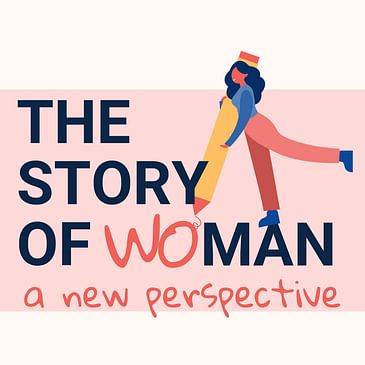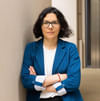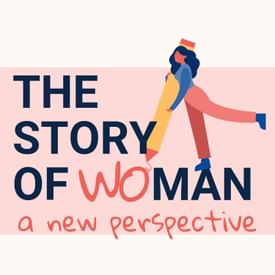Ever wondered if the so-called "maternal instinct" is a scientific reality or a societal construct?
Join guest host Monica Cardenas as she delves into the fascinating world of neuroscience with Chelsea Conaboy, author of Mother Brain: How Neuroscience is Rewriting the Story of Parenthood. Together, they explore the intricate changes in parents' brains and debunking myths surrounding motherhood.
Chelsea makes the argument for how understanding the science behind parental brain changes can relieve pressure on new parents, foster patience, and promote equal participation in caregiving, breaking away from traditional gender roles. She envisions a narrative that embraces the transformative aspects of parenthood while acknowledging the complexities and challenges that come with it.
Some topics we cover include:
- The historical context of maternal instinct, revealing its roots in moral and religious ideas
- How hormonal changes and caregiving experiences shape the parental brain, challenging the idea of innate caregiving
- Scientific research that shows similar neurobiological changes in fathers and non-gestational parents
- The role of women in science and their contribution to reshaping societal perceptions
- The need to recognize new parenthood as a developmental stage, calling for changes in healthcare, policies, and societal perspectives
Transcription is available here
Buy Mother Brain: How Neuroscience is Rewriting the Story of Parenthood
--
Become a Patron for access to bonus content and to support the podcast, or buy me a (metaphorical) coffee
Follow us: Instagram | Twitter | Facebook | Tik Tok | Youtube | LinkedIn
Subscribe to our newsletter for a weekly dose of all things WOMAN
We need more women’s stories in the world!. If you’ve enjoyed this episode, please share, subscribe, rate and review on Apple, Spotify or wherever you listen to your podcasts
Explore The Story of Woman book recommendations in the US and the UK - purchases support the podcast AND local bookstores 🤩
www.thestoryofwomanpodcast.com
Learn more about your ad choices. Visit megaphone.fm/adchoices




